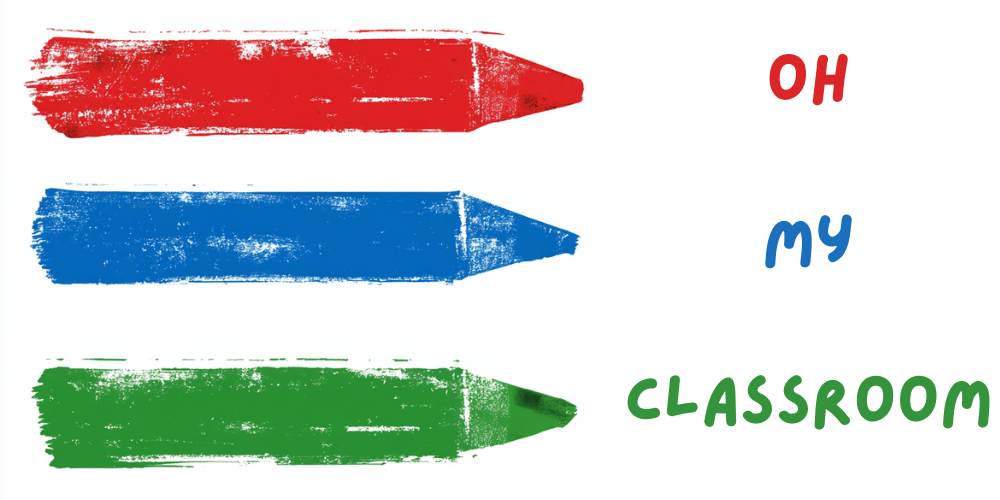Dice games are an excellent way to introduce young children to the world of math and probability.
These games can help kids learn to count, recognize numbers, and develop their critical thinking skills. Plus, they’re a fun and interactive way to spend time with your child!
Now, we’ll explore some of the best dice games for kindergarten kids that are sure to engage and entertain your little ones.
Whether you’re a teacher looking for fun math games to play in the classroom or a parent looking for ways to keep your child engaged and learning at home, these games are perfect for you!
So, let’s get rolling and see what kind of fun we can have with dice!
Roll and Color

This game is perfect for teaching young children how to identify and recognize numbers. Have them roll the dice and then color in the corresponding number on a worksheet.
Number Recognition Match –

Use dice to create a game where students match numbers to objects or images. For example, if they roll a three, they would match it to a picture of three apples.
Roll and Sort –

Have students roll two dice and then sort objects or images based on the sum of the numbers rolled. For example, if they roll a six, they would sort objects into groups of six.
Roll and Count –

Use dice to teach students how to count. Have them roll the dice and then count out the corresponding number of objects.
Roll and Add –

This game is perfect for teaching addition skills. Have students roll two dice and then add the numbers together.
Roll and Subtract –

Use dice to teach subtraction skills. Have students roll two dice and then subtract the smaller number from the larger number.
Roll and Build –

This game is great for promoting spatial awareness and fine motor skills. Have students roll a die and then use blocks or other materials to build a structure with the corresponding number of blocks.
Roll and Move –

Use dice to create a movement game where students roll the dice and then move a certain number of steps based on the number rolled.
Roll and Sing –

Have students roll the dice and then sing a song with the corresponding number of verses or lines.
Roll and Tell a Story –

This game encourages creativity and storytelling skills. Have students roll the dice and then tell a story using a specific number of characters, objects, or settings.
Roll and Sound Recognition –

Use dice to teach sound recognition skills. Have students roll the dice and then identify the corresponding sound or come up with a word that contains that sound.
Roll and Letter Sounds –

This game is great for promoting phonics skills. Have students roll the dice and then say the sound of the corresponding letter or come up with a word that contains that sound.
Roll and Patterning –

Use dice to teach patterning skills. Have students roll the dice and then create a pattern using the corresponding number of colors, shapes, or objects.
Roll and Picture Matching –

This game is perfect for promoting memory and matching skills. Have students roll the dice and then match the corresponding picture to a set of pictures on the board or on cards.
Roll and Alphabet Race –

This game encourages letter recognition and gross motor skills. Have students roll the dice and then race to find an object in the room that starts with the corresponding letter.
Roll and Counting Patterns –

Use dice to teach counting patterns. Have students roll the dice and then count out objects in a certain pattern based on the number rolled (e.g., count by 2s, count by 5s, etc.).
Roll and Color Recognition –

This game is perfect for teaching color recognition skills. Have students roll the dice and then find objects around the classroom that match the corresponding color.
Roll and Name that Object –

Use dice to promote vocabulary development. Have students roll the dice and then name an object in the classroom that starts with the corresponding letter.
Roll and Emotion Match –

This game encourages emotional development and empathy skills. Have students roll the dice and then match an emotion to a corresponding picture or facial expression.
Roll and Balance Challenge –

Related: 20 Waiting Games for Kids
This game is great for promoting balance and coordination skills. Have students roll the dice and then perform a balance challenge for the corresponding number of seconds (e.g., stand on one foot, hop on one foot, etc.).
Incorporating these 20-dice games into your lesson plans can help engage and motivate preschool students to learn and develop important skills in various areas.
These activities are age-appropriate and promote learning through play, which is a vital aspect of early childhood education.
Additionally, by incorporating these games into your curriculum, you can create a positive and supportive learning environment that fosters social, emotional, and physical development alongside cognitive growth.

